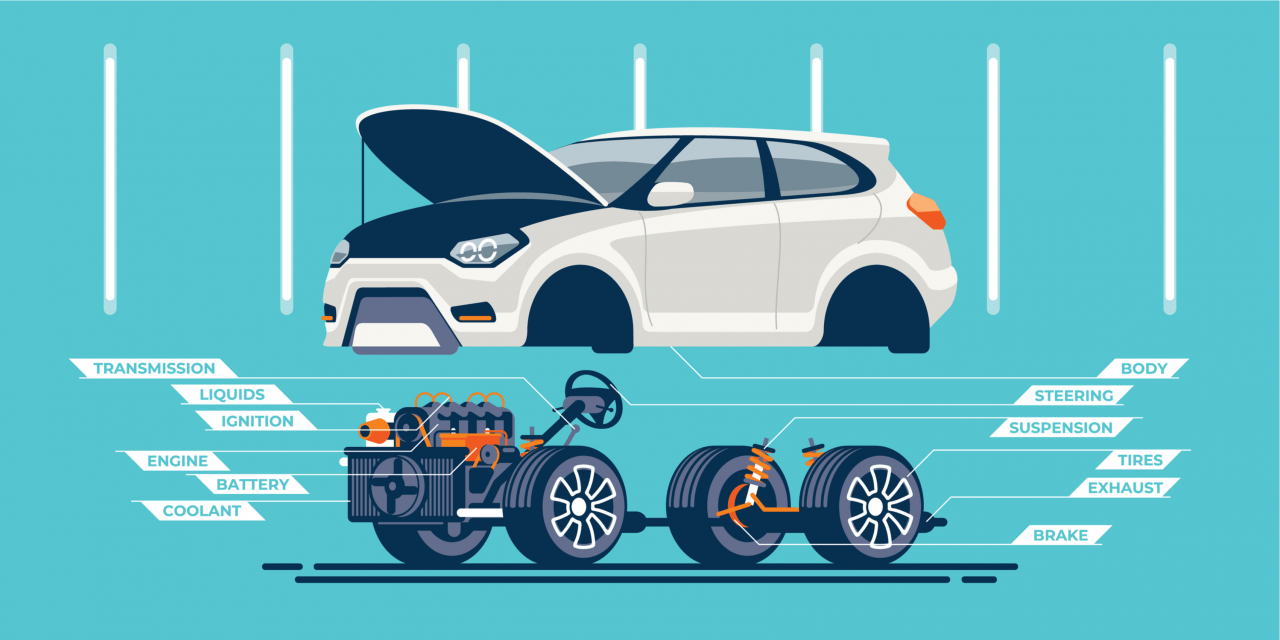Battery Management System

A Battery Management System (BMS) is a vital component in battery-powered systems, crucially in electric vehicles (EVs), renewable energy setups, and portable electronics. Its primary function encompasses monitoring and managing the health, performance, and safety of the battery pack. This involves a range of key functions. Firstly, the BMS conducts cell monitoring, keeping a close eye on individual cells within the battery pack to ensure balanced charging and discharging.
Vehicle Management System

A Vehicle Management System (VMS) is a sophisticated solution designed to efficiently oversee and optimize the operation of vehicles across diverse industries such as transportation, logistics, and fleet management. At its core, the VMS integrates software and hardware components to deliver a suite of functionalities aimed at enhancing vehicle performance, safety, and operational efficiency. Central to the VMS is its capability for real-time vehicle tracking and monitoring, facilitated by GPS technology.
Engine Management System

Our diesel engine ECU (ECM) builds on all the unique advantages of a diesel engine, like high fuel efficiency, low CO2 emissions, and high power. Designed to ensure compliance with increasingly strict emission control regulations, it is one of the most important parts of the diesel engine electronic control system. It provides precision, integrative control over the common rail fuel injection system, emission gas recirculation (EGR) system, and emission gas treatment system to keep diesel engine emissions clean.
Motor Controller

A motor controller is a device or group of devices that can coordinate in a predetermined manner the performance of an electric motor.[1] A motor controller might include a manual or automatic means for starting and stopping the motor, selecting forward or reverse rotation, selecting and regulating the speed, regulating or limiting the torque, and protecting against overloads and electrical faults. Motor controllers may use electromechanical switching, or may use power electronics devices to regulate the speed and direction of a motor.
Electronic Fuel Injection

The Electronic Fuel Injection (EFI) system is an advanced technology used in modern internal combustion engines to enhance performance, efficiency, and emissions control. Replacing traditional mechanical systems, EFI uses electronic controls to precisely manage fuel delivery. At its core, the EFI system includes an Electronic Control Unit (ECU), which acts as the system's brain by processing input from various sensors and adjusting fuel injectors accordingly. These sensors—such as the Mass Air Flow (MAF) sensor, Oxygen (O2) sensor, Throttle Position Sensor (TPS), and Engine Coolant Temperature Sensor—provide crucial data on engine parameters like air intake and temperature.
Software Development

Software development refers to a set of computer science activities dedicated to the process of creating, designing, deploying and supporting software. Software itself is the set of instructions or programs that tell a computer what to do. It is independent of hardware and makes computers programmable. There are three basic types: System software to provide core functions such as operating systems, disk management, utilities, hardware management and other operational necessities.
Embedded Software

Embedded software is a system that is created and built into any device other than a traditional computer. It is the brain of the device, without which it is just a piece of useless
Cprime’s technical team knows how to develop top-notch solutions for the automotive industry, the healthcare sector, and other niche areas where embedded software is widely used. If you’re considering developing or integrating with embedded software.
Research and Development

Research and development (R&D) is when businesses gather knowledge to create new products or discover new ways to improve their existing products and services. Larger companies may have their own research and development team that will test and refine products or processes before commercial use. However, many companies outsource this work to universities due to a lack of in-house capacity and to access the expertise and advanced research equipment they possess.